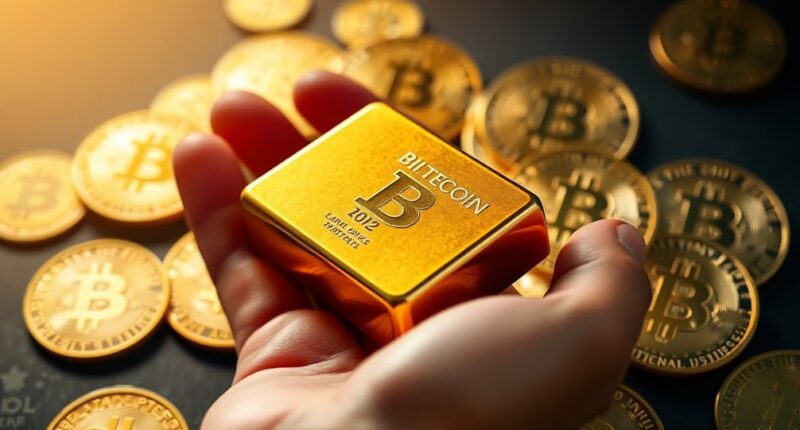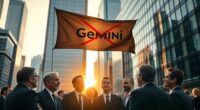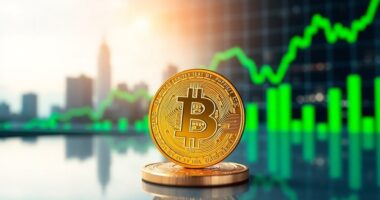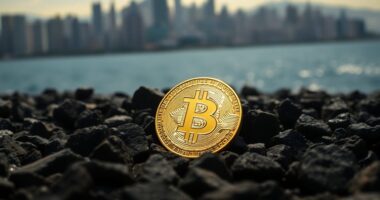Ray Dalio's investment philosophy highlights the tension between traditional and modern assets. While you might see Bitcoin's allure as a speculative option, Dalio clearly favors gold for its historical reliability. This raises questions about balancing risk and stability in your own portfolio. What factors should you consider when choosing between these two assets? The implications for your financial strategy could be significant.
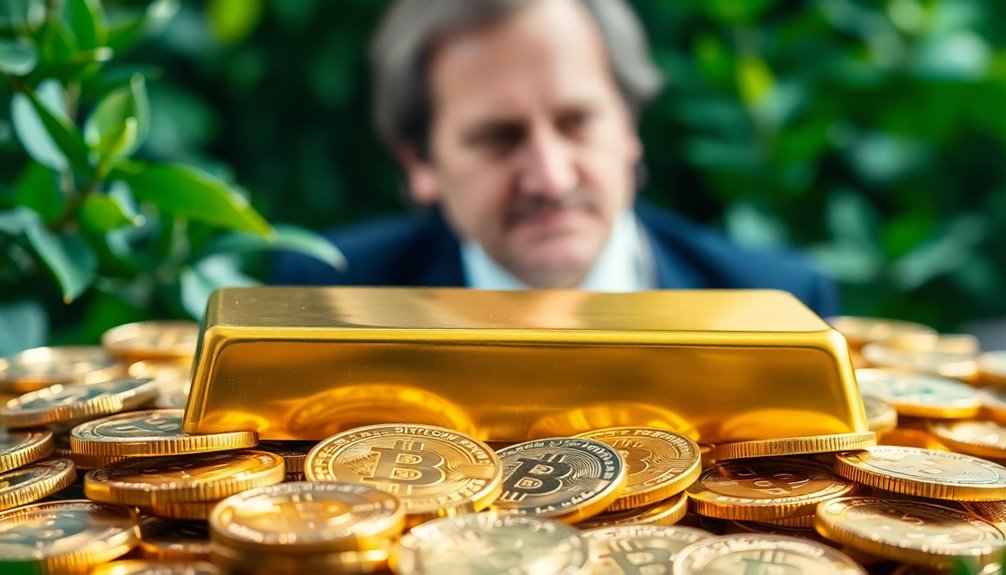
Ray Dalio, a prominent investor, emphasizes the importance of diversification in today's economic landscape, particularly regarding Bitcoin and gold. In a world marked by economic uncertainty, you're likely aware that having a diversified portfolio is crucial for mitigating risks. Dalio suggests allocating about 10-15% of your investments to alternative assets like Bitcoin and gold. This strategy not only balances traditional investments but also helps manage volatility and navigate the complexities of modern economies.
When it comes to Bitcoin, you might see it as an alternative form of money, especially in an environment where the dollar's value is depreciating. However, it's essential to remember that Bitcoin carries a speculative nature, which means its price can fluctuate unpredictably. While some may view it as an inflation hedge, questions linger about its effectiveness. Moreover, with Bitcoin lacking privacy due to government oversight and potential taxation, you might want to weigh these factors carefully before committing significant funds. In contrast, gold's historical status as a reliable store of value adds another layer of appeal for conservative investors. Additionally, the average time to mine 1 Bitcoin is approximately 10 minutes per block, which highlights the resource intensity of this digital asset.
On the other hand, gold has stood the test of time as a consistent store of value for thousands of years. Its independence from external parties or governments makes it a stable choice in uncertain times. Gold also enjoys a strong reserve status, ranking alongside currencies like the U.S. dollar. This stability is particularly appealing when compared to the speculative behavior of Bitcoin. As you diversify your portfolio, gold can serve as a reliable tool, especially during periods of economic instability.
In today's economic context, high debt levels and rising inflation pose real threats to traditional assets like cash. By investing in hard assets like gold, you can hedge against potential crises. Global trends, political divides, and technological changes all play a role in shaping your investment decisions. Keeping a diversified strategy is essential for navigating this complex landscape.
While both Bitcoin and gold have shown significant gains in recent years, with Bitcoin sometimes outperforming gold, Dalio leans towards gold as the ultimate store of value. In balancing your portfolio, considering both assets can be beneficial. Ultimately, by understanding the roles of Bitcoin and gold, you can make informed decisions that align with your financial goals while preparing for whatever economic challenges lie ahead.
